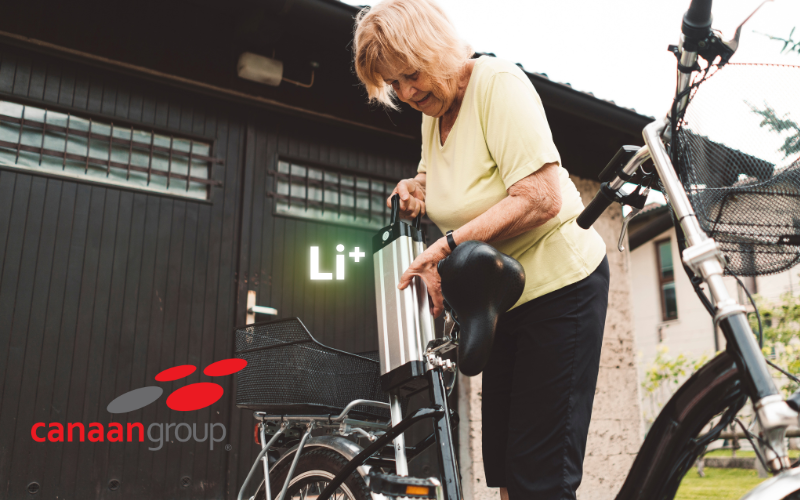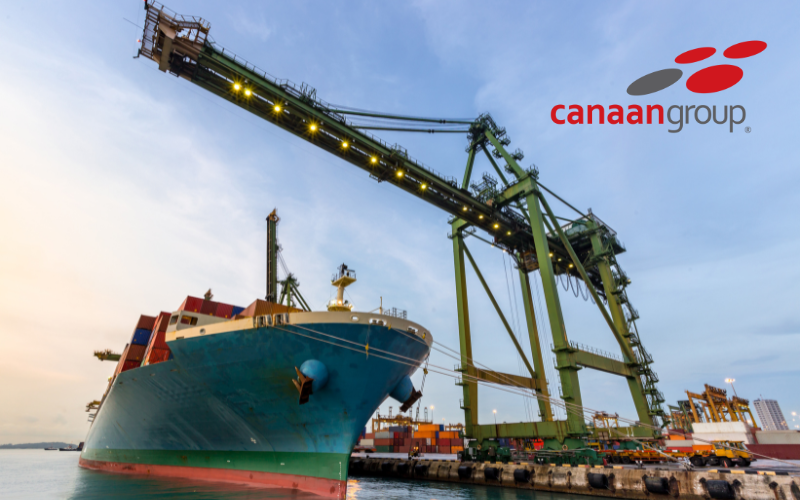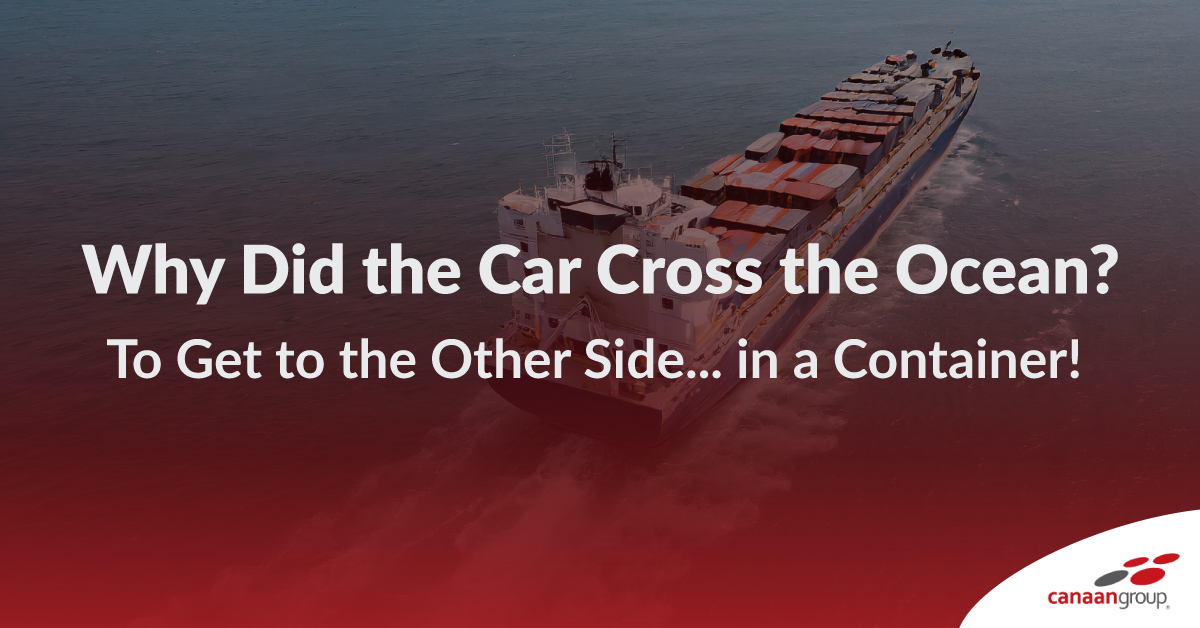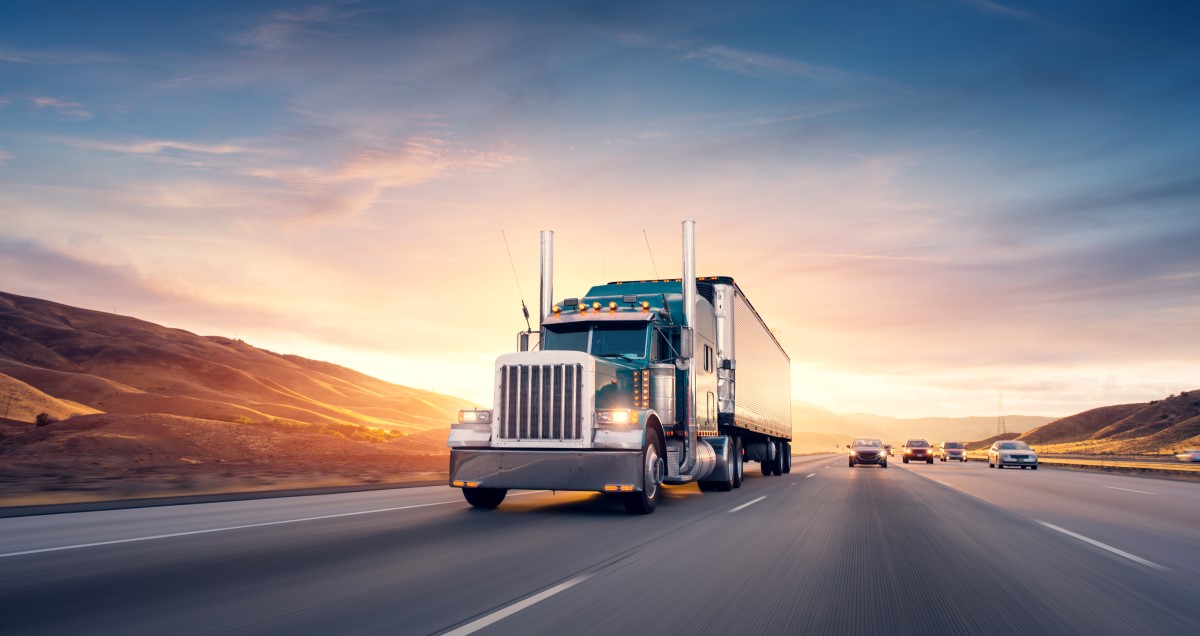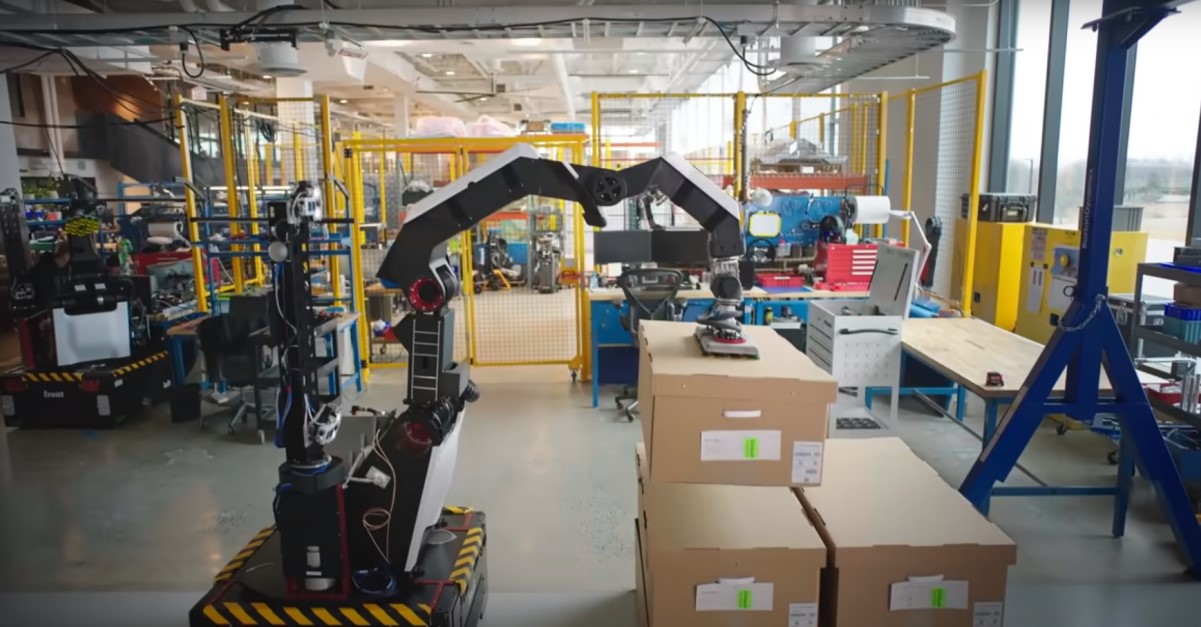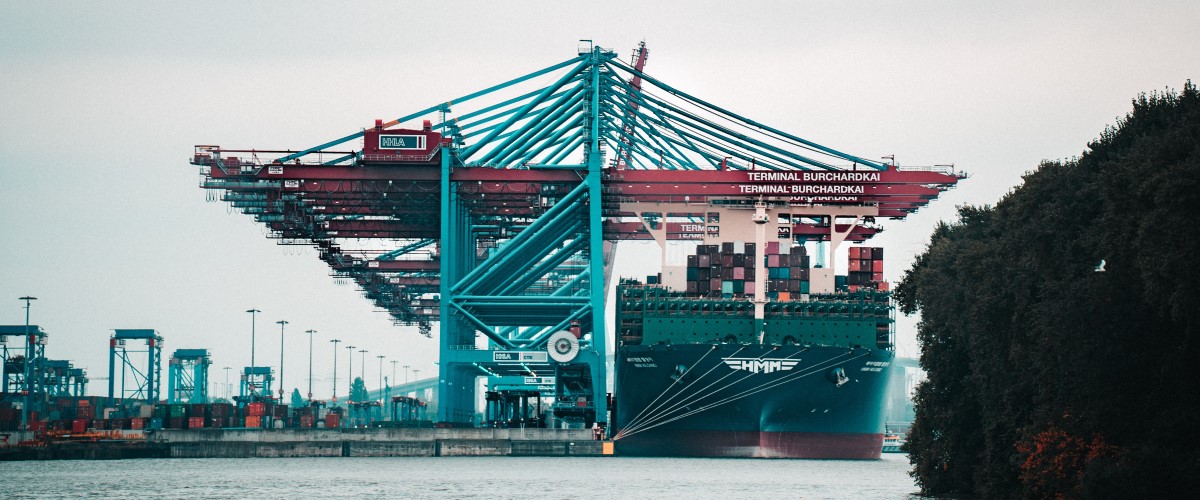In recent years, electric bikes (e-bikes) have surged in popularity, heralded for their potential to offer an eco-friendly and cost-efficient mode of transportation. This surge is backed by various Canadian provinces, which have rolled out incentives and subsidies to make e-bikes more accessible. For instance, British Columbia has introduced income-based rebates on eligible e-bikes from authorized dealers, offering $350 to …
Balancing Cost and Reliability
Most customers direct much of their focus on cost per TEU, kg, CBM, or other metrics. However, only a few customers focus on the reliability of deliveries as a KPI. The reliability factor introduces some hidden costs, including cash flow management, inventory stock, and delayed payments for the final cargo delivery. Canaan Group continues to track and emphasize costs and …
The Complexities of Global Trade
Despite shifts in geopolitics and the relocation of manufacturing hubs to countries like Vietnam and Mexico, China maintains its position as a key trading partner with both Canada and the USA. By redirecting trade through these nations, China has crafted a viable strategy to circumvent tariff barriers. This is exemplified by China’s tactical diversion of exports via Mexico, a strategy …
Shipping Perishable Goods: Meats, Seafood, Food Items
Shipping perishables is a critical task that demands careful consideration of various factors to ensure the goods reach customers in top quality. The choice of packaging is paramount, as it affects the freshness and quality of perishable goods and impacts space utilization, liability, and profitability. Within this realm, the Canaan Group excels, offering tailored solutions and leveraging the team’s extensive …
Evaluating LTL Carriers In The Midst of Continued Failed Trucking Companies
Recent events in the trucking industry, such as the bankruptcy filing of Newsome Trucking and the closure of Yellow despite substantial government funding, highlight the challenges facing trucking companies. With over 75% of Canada’s trade conducted with the USA and a significant portion relying on trucking, it’s crucial to carefully vet your Less Than Truckload (LTL) vendors. LTL shipping, wherein …
LTL and Full Truck Load capacity and rates for Q1 2024
In the first quarter of 2024, predictions indicate stability in Less-Than-Truckload (LTL) rates with subtle fluctuations, while truckload rates are expected to persist near the lows established in Q2 of the previous year. AFS and TD Cowen jointly released these insights as part of the TD Cowen/AFS Index, offering a forward-looking snapshot of pricing trends in the Less-Than-Truckload (LTL) and …
From Sea to Sky: Hybrid Shipping Solution in the Face of Changing Tides
Back in the 1980s and 1990s, container ships were smaller and slower. This meant it took a good 50 to 60 days for urgent shipments from Asia to Europe. Air cargo, on the other hand, was too expensive for high-value goods, making it hard to justify the cost. To tackle this, logistics companies like Canaan came up with a solution. …
5 Leadership Traits Of Logistics Managers to Strive For In 2024
A recent article in the Fast Magazine highlights some leadership styles to adopt that can be applicable to logistics managers, providing a strategic outlook for navigating uncertainties in 2024. It outlines five distinctive leadership trends that may be tailored to the logistics industry: In the face of market uncertainties, the article encourages logistics managers to focus on creating clarity around …
Ro/Ro Vs. Container Shipping for Vehicles
How do cars from Europe and Asia come to North America? On a ship, of course! Many vehicles get shipped via ocean freight on what we call a Ro/Ro vessel. Ro/Ro vessels are “Roll on, Roll off” ships designed specifically for transporting wheeled vehicles. These vessels feature ramps, specialized securing mechanisms, and other features to accommodate large-scale vehicle transport. Large …
Logistics Improvements will save Chocolate Maker $1.2 million annually
Rocky Mountain Chocolate Factory announced a plan to save $1.2 million annually by working on warehousing, transportation, and manufacturing improvements. This initiative is part of the businesses’ plan to accelerate growth and profitability after seeing a $1.9 million net loss in Q4, which ended Feb 28.
Choosing the Right Digital Partner: A Cautionary Tale of project44
Over the last few years, there as been a lot of hype about digitization in the logistics industry. But there are large risks involved with this process. The most important decision is selecting the right digital partner. If the digital partner runs into financial trouble, all the work you put into adopting the platform into your business could go to …
B.C.’s Trade Diversification Strategy: Driving Growth for Canadian Businesses in New Markets
In response to the increasing interest among Canadian companies to diversify their market presence beyond the United States and China, local governments are stepping up to support these businesses. One such example is B.C.’s Trade Diversification Strategy, which focuses on bolstering export development and investment attraction by capitalizing on British Columbia’s competitive advantages. The strategy targets new markets such as …
Canadian Businesses Can Qualify for Federal Grants for International Expansion
Canadian small and medium-sized companies can benefit from the Canadian Federal government’s innovative grant programs, but many are not aware of their existence. These programs include trade commissioners, IRAP, subsidies, and export programs that help businesses expand and succeed internationally.
The Difference between Trucking’s Spot Rates and Contract Rates
The trucking industry has two markets: the contract market and the spot market. In the spot market, truck capacity is bid on demand. In the contract market, there is a prearranged rate at which truckloads are moved. So, which is better?
The Future of Freight will be Shaped by these 5 Forces
In a recent survey of 305 US & European executives of transportation and manufacturing corporations, Deloitte uncovered five major forces that will impact the transportation industry’s future success:
Deliberate Calm is the Key to Becoming more Adaptable
In new, high-pressure situations, we often default to old habits which can be a recipe for failure, especially when new solutions are what is needed. The challenge is that unfamiliar, high-stakes situations create anxiety which stifles innovation.
Automated Machines that Unload Containers
The future is here. Robotics design company Boston Dynamics has created a versatile and automated mobile robot that they named Stretch™. This robot was designed to automate box moving tasks in warehouses and distributions centres. For example, their video shows Stretch unloading boxes from a container and placing them on a conveyer belt.
5 Ways to Improve Supply Chain in 2023
TEC Canada featured a great interview with Schulich School of Business professor M. Johnny Rungtusanatham, who offers some practical advice on improving your supply chain in 2023.
How much does ChatGPT know about shipping?
ChatGPT is all the rage these days. If you haven’t heard of it, it is a prototype artificial intelligence chatbot which specializes in dialogue. Journalist Hariesh Manaadiar decided to test ChatGPT’s knowledge about global shipping by asking it, “What to do if I lose my original ocean bill of lading?”
Severe Drought Causes Panama Canal Delays
Persistent drought conditions in Central America are responsible for a global logistics challenge. The Panama Canal is vital for trans-Pacific routes. Severe drought has affected water levels in the canal, which are not expected to recover until at least 2028. Insufficient water levels result in congestion and capacity problems that have prompted carriers to explore alternative routes. These alternate routes …
- Page 1 of 2
- 1
- 2


